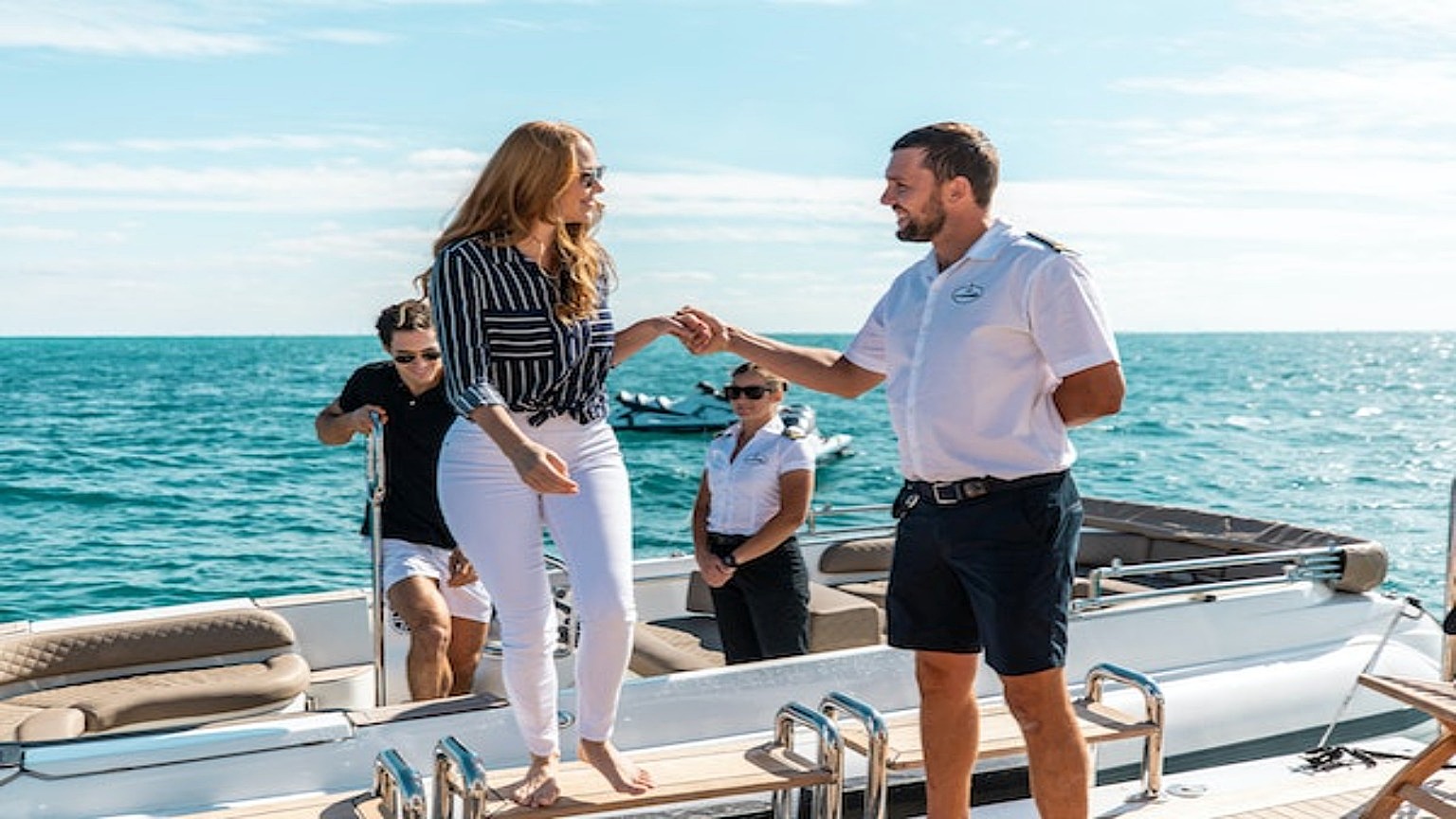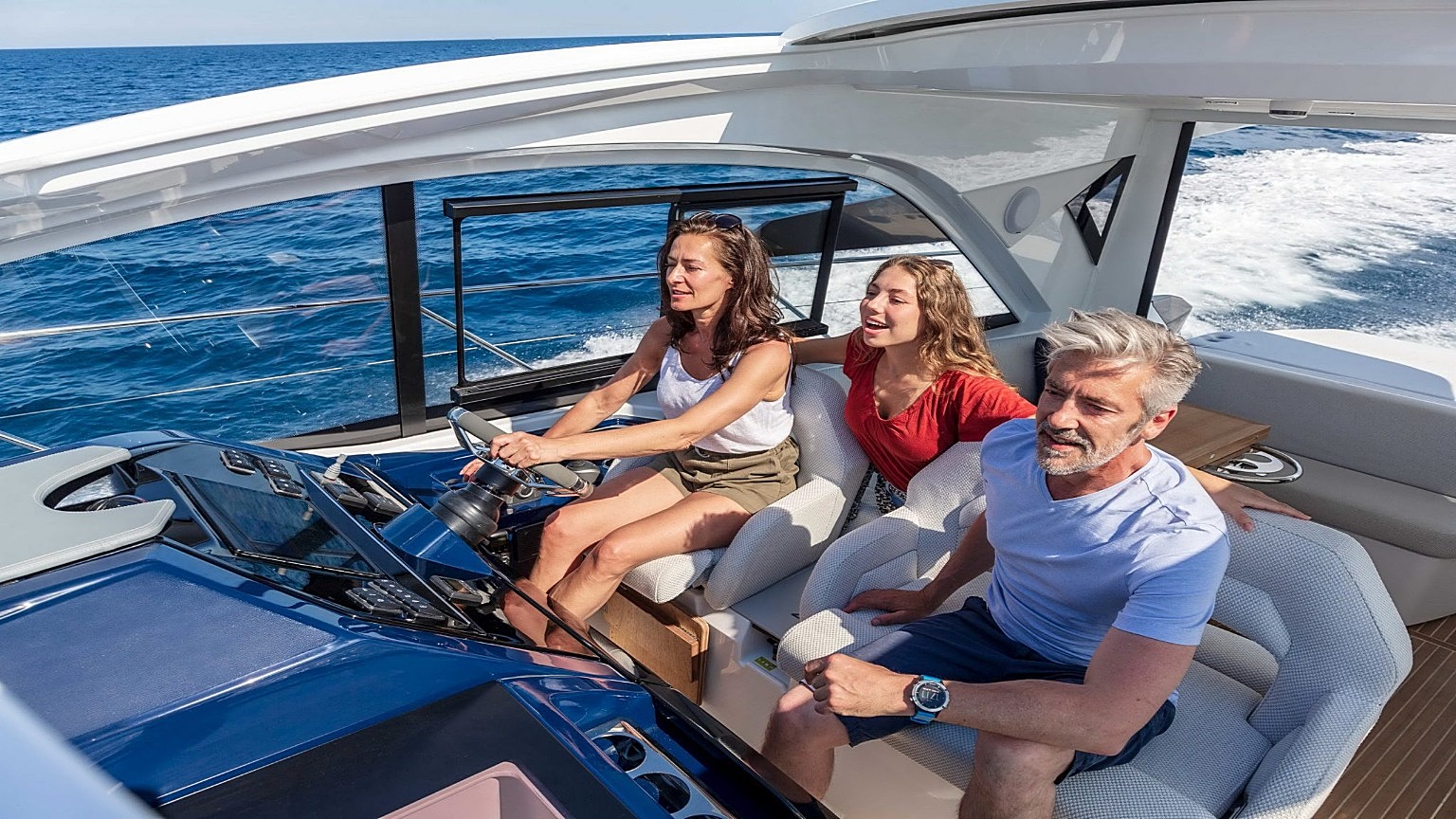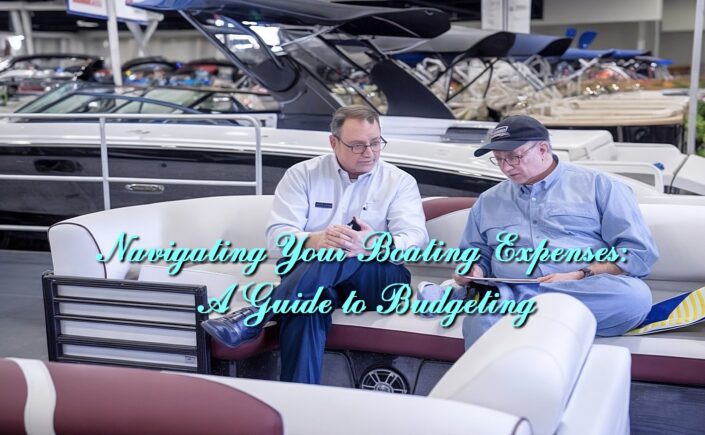Owning a boat can be a dream come true for many water enthusiasts, but it’s essential to navigate the financial waters just as carefully as the open sea. Boating can be an expensive hobby, with costs ranging from the initial purchase of the vessel to ongoing maintenance, fuel, and insurance. To ensure your boating experience remains enjoyable without sinking your finances, effective budgeting is crucial. In this guide, we’ll break down the key aspects of budgeting for boat ownership under five essential headings.
Purchase Costs

The first major expense you’ll encounter is the purchase of your boat. The price can vary significantly depending on the type, size, and condition of the vessel. New boats typically come with a higher price tag, while used ones can offer more affordability. Make sure to research thoroughly and consider factors like depreciation, financing options, and your budget constraints. To calculate everything correctly with the help of your paystubs, click this link.
Your boat will need essential equipment like life jackets, navigational tools, safety gear, and fishing equipment, depending on your interests. It’s crucial to factor in these costs when budgeting for your boat’s purchase. Allocate funds not only for the boat itself but also for any necessary accessories.
Operational Costs

One of the most significant ongoing expenses for boat owners is fuel. Your boat’s fuel consumption will depend on its size and usage. Additionally, regular maintenance is essential to keep your vessel in top shape. Budget for oil changes, engine servicing, and repairs as needed. Neglecting maintenance can lead to more significant expenses down the line.
If you don’t have a private dock, you’ll need to consider the cost of docking your boat at a marina or storage facility. These fees can vary widely based on location and amenities offered. Research options in your area and budget accordingly.
Insurance and Safety
Boat insurance is crucial to protect your investment and liabilities. The cost of insurance can vary depending on factors such as the boat’s type, size, usage, and your location. It’s essential to get multiple quotes and choose a policy that suits your needs while fitting within your budget.
Investing in safety training is not only responsible but can also save you money in the long run. Many accidents and incidents on the water can be prevented with proper knowledge and training. Include the cost of safety courses in your budget, and ensure that you and your passengers are well-prepared for emergencies.
Recreational Expenses
Entertainment
Boating often goes hand in hand with recreational activities like fishing, water skiing, or just cruising. Budget for the equipment and gear needed for these activities, as well as any fees associated with access to specific waterways or fishing permits.
Food and Refreshments
Don’t forget to account for food, drinks, and other refreshments you’ll need while out on the water. These costs can add up, especially for longer trips. Consider packing your provisions to save money.
Emergency Fund and Miscellaneous Expenses
Finally, it’s wise to set aside a portion of your budget for unexpected expenses. Boats can be unpredictable, and unexpected repairs or emergencies may arise. Having an emergency fund ensures you can address these issues without derailing your financial stability.
In conclusion, budgeting for boat ownership is a critical aspect of enjoying this rewarding hobby without financial stress. By breaking down your expenses into these five categories and planning meticulously, you can sail the seas with confidence, knowing that your financial ship is on a steady course. Remember that while boating can be expensive, the memories and experiences it provides can be priceless, making the investment well worth it for many enthusiasts.
